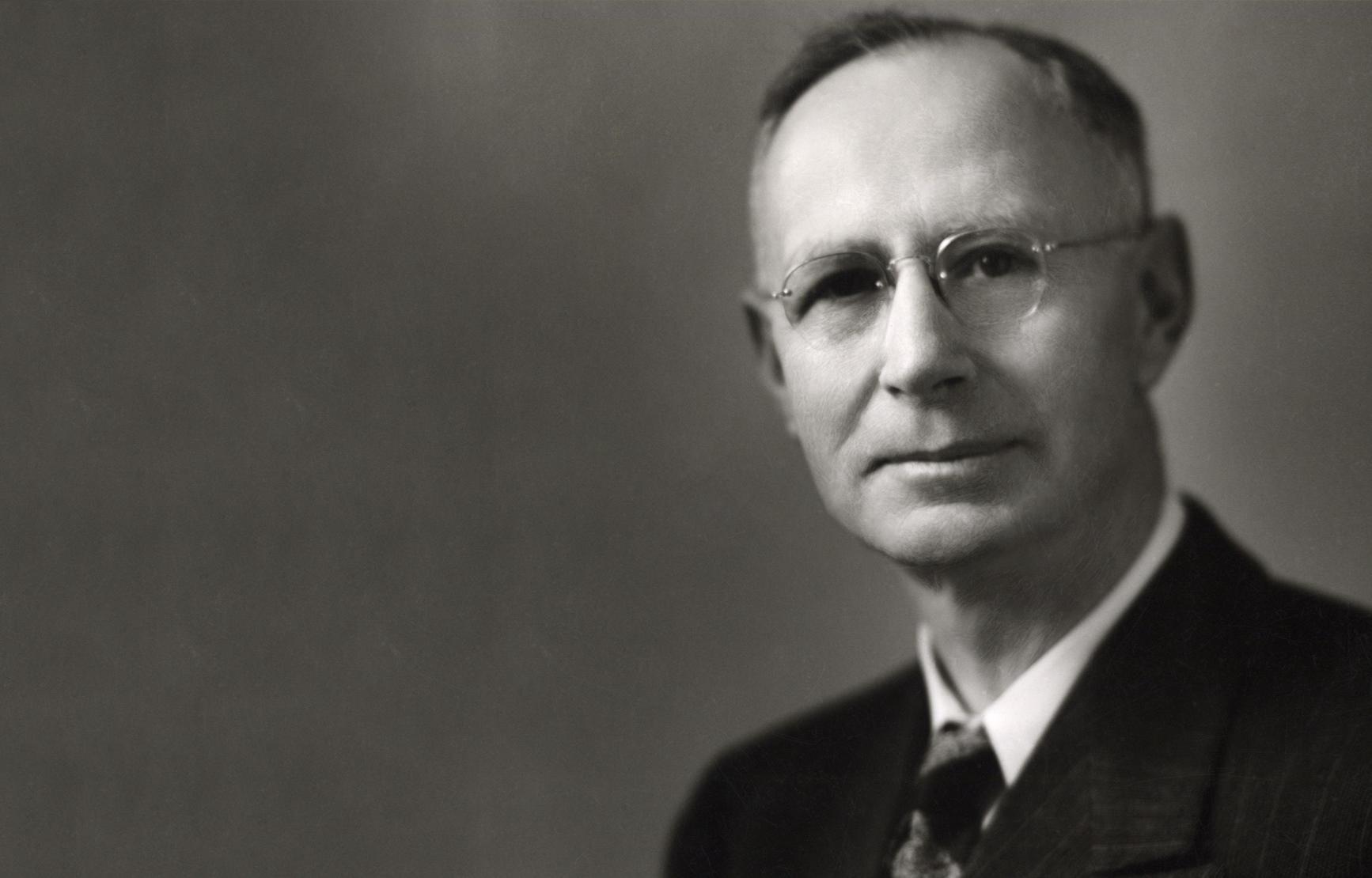On Tuesday, May 16, 2017, Michael I Jordan from University of California, Berkeley joined us to present "On Computational Thinking, Inferential Thinking and Data Science."
The rapid growth in the size and scope of datasets in science and technology has created a need for novel foundational perspectives on data analysis that blend the inferential and computational sciences. That classical perspectives from these fields are not adequate to address emerging problems in "Big Data" is apparent from their sharply divergent nature at an elementary level — in computer science, the growth of the number of data points is a source of "complexity" that must be tamed via algorithms or hardware, whereas in statistics, the growth of the number of data points is a source of "simplicity" in that inferences are generally stronger and asymptotic results can be invoked. On a formal level, the gap is made evident by the lack of a role for computational concepts such as "runtime" in core statistical theory and the lack of a role for statistical concepts such as "risk" in core computational theory. I present several research vignettes aimed at bridging computation and statistics, including the problem of inference under privacy and communication constraints, and methods for trading off the speed and accuracy of inference.
